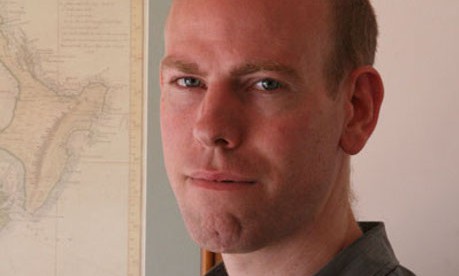Observant New Zealanders, who have noticed the number of children with poverty-related skin diseases soaring while gated communities proliferate, may be surprised to hear a think-tank claim that New Zealand has ‘no problem of rising inequality’.
That surprise would be justified, since the gap between rich and poor has in fact widened dramatically. And the damage that has been done in the process is something we should urgently address, not sweep under the carpet.
The New Zealand Initiative’s claim that there is no problem is based on a Treasury paper showing that income inequality has been stable for the last decade.
And indeed it has, thanks to Working for Families propping up low incomes and the global financial crisis temporarily biting into higher ones (through, for example, lower stockmarket returns).
But what this selective reading omits is the fact that in the two decades from the mid-1980s on, the rich-poor divide widened faster in New Zealand than in any other developed country.
Incomes for the richest New Zealanders have doubled, while those for the poorest have barely risen (and, after housing costs, have actually fallen over 30 years). That change has altered New Zealand society profoundly.
In a system where income goes disproportionately to the already well-off, ordinary workers are missing out on the rewards of their efforts, to the tune of billions of dollars a year.
Welfare benefits, cut by a quarter in 1991 and increased just 8 per cent in the last budget, are far too low to meet people’s basic needs.
The result is a doubling of child poverty and the return of childhood diseases unknown in most developed countries – a national embarrassment, as one researcher described it.
Our cold, damp homes can be death traps, as a recent child fatality tragically showed.
Our still-excellent schools are buckling under the pressures of dealing with children whose parents can’t afford to buy them warm clothing, feed them breakfast, or provide a quiet space for studying. Continue reading
- Max Rashbrooke is the editor of Inequality: A New Zealand Crisis, published by Bridget Williams Books, and a research associate at the Institute for Governance and Policy Studies.
Additional reading
News category: Analysis and Comment.




